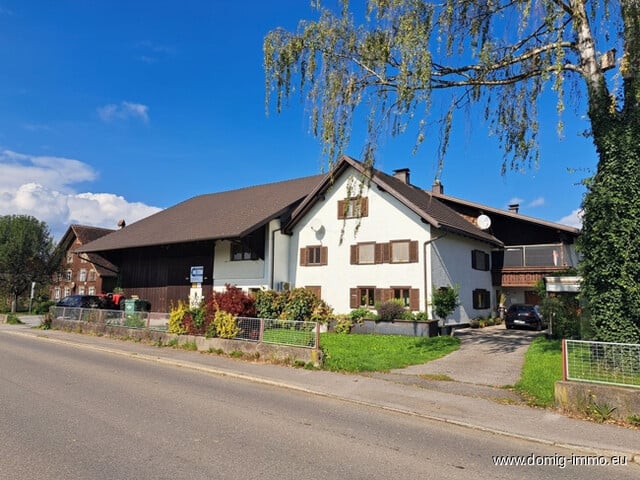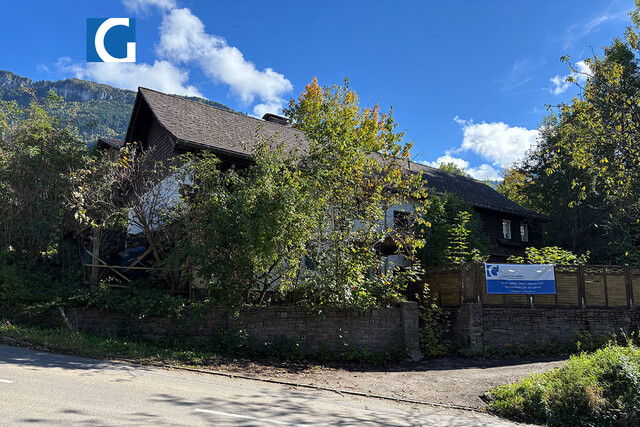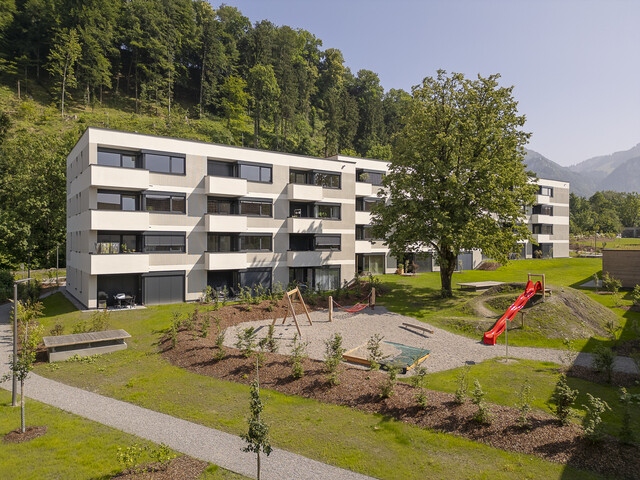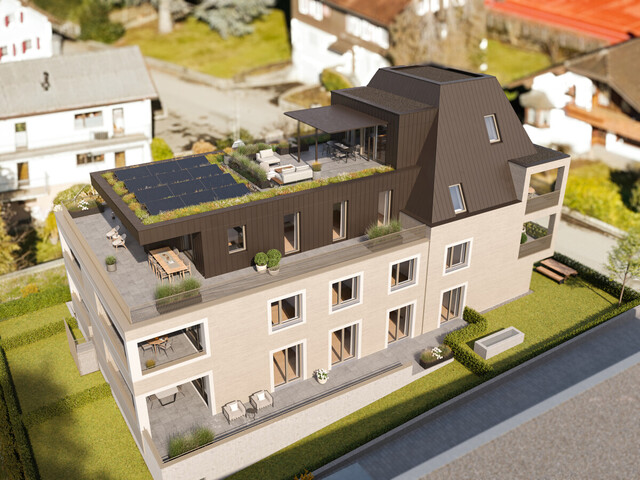World Health Day: This is the State of the "Healthy Years" of Austrians

A life in good health into old age is the wish of practically all women and men. However, there is a significant difference between life expectancy and "healthy life years" among people in Austria, as the Red Cross pointed out on Friday on the occasion of World Health Day on April 7. At the same time, Volkshilfe warned of the damaging effects of child poverty.
"The average life expectancy is 79.3 years for men and 84 years for women," said Katharina Pils, Chief Medical Officer of the Austrian Red Cross. "The 'healthy life expectancy' is significantly lower, namely 63.1 years for men and 64.7 years for women. This difference needs to be addressed." The term "healthy life years" is equated with the number of years characterized by no activity limitations and no occupational disability.
Scandinavia with significantly better values
Often, the last years of a person's life are spent with subjective limitations and with more or less need for care. "This creates physical, psychological, and financial burdens for the people who need care, their relatives, and also the healthcare system," said Pils. "In many European countries, especially in Scandinavia, the 'healthy life expectancy' is about ten years higher, so there is still room for improvement here."
Lifestyle significantly influences health. Factors that have a major impact include sleep, nutrition, addiction behavior, as well as exercise and social contacts. "Those who move regularly and sufficiently and also 'get out among people' can expect more 'healthy years'," said the Red Cross expert. In June, the organization will present a pilot project aimed at motivating people to engage in joint activities in the forest.
World Health Day: Volkshilfe warns of child poverty
Volkshilfe takes World Health Day as an opportunity to warn about child poverty and its consequences. Last year, the welfare organization was able to help a total of 313 children and adolescents under 18 from poverty-stricken families in Austria pay for health expenses. "Parents affected by poverty turn to Volkshilfe for financial support because they cannot access health services, even though urgent action is needed," said Volkshilfe Director Erich Fenninger.
The funds are taken from the Volkshilfe fund "Children.Health.Secure," which has been financially supported by the Wiener Städtische Versicherungsverein for years. "I also see the fund as a seismograph for the gaps in child health care, because families face high additional financial burdens despite a good healthcare system," said Fenninger. Lack of therapy options would have long-term consequences because "poverty and illness reinforce each other," said the Volkshilfe Director. These issues would thus be passed on to the next generation.
Volkshilfe also reminded of the high economic costs due to lower healthy life expectancy. "Whether it's the toast bread times at the end of the month, lack of money for year-round exercise offers, the apartment being damp, or the waiting lists for therapy being very long - poverty leads to health disadvantages. Poverty makes you sick - from a young age," said Fenninger. Once again, Volkshilfe renewed its call for a basic child security.
(APA/Red)
This article has been automatically translated, read the original article here.
Du hast einen Hinweis für uns? Oder einen Insider-Tipp, was bei dir in der Gegend gerade passiert? Dann melde dich bei uns, damit wir darüber berichten können.
Wir gehen allen Hinweisen nach, die wir erhalten. Und damit wir schon einen Vorgeschmack und einen guten Überblick bekommen, freuen wir uns über Fotos, Videos oder Texte. Einfach das Formular unten ausfüllen und schon landet dein Tipp bei uns in der Redaktion.
Alternativ kannst du uns direkt über WhatsApp kontaktieren: Zum WhatsApp Chat
Herzlichen Dank für deine Zusendung.








